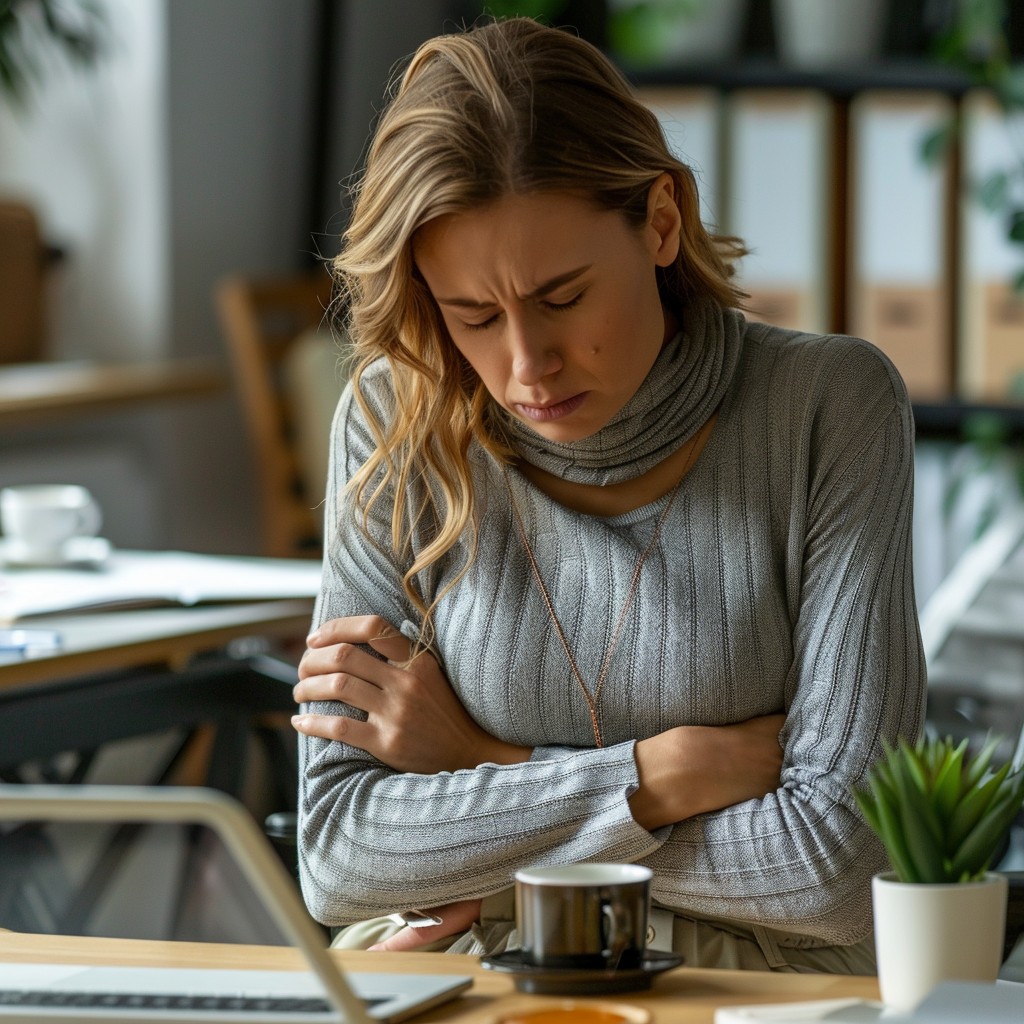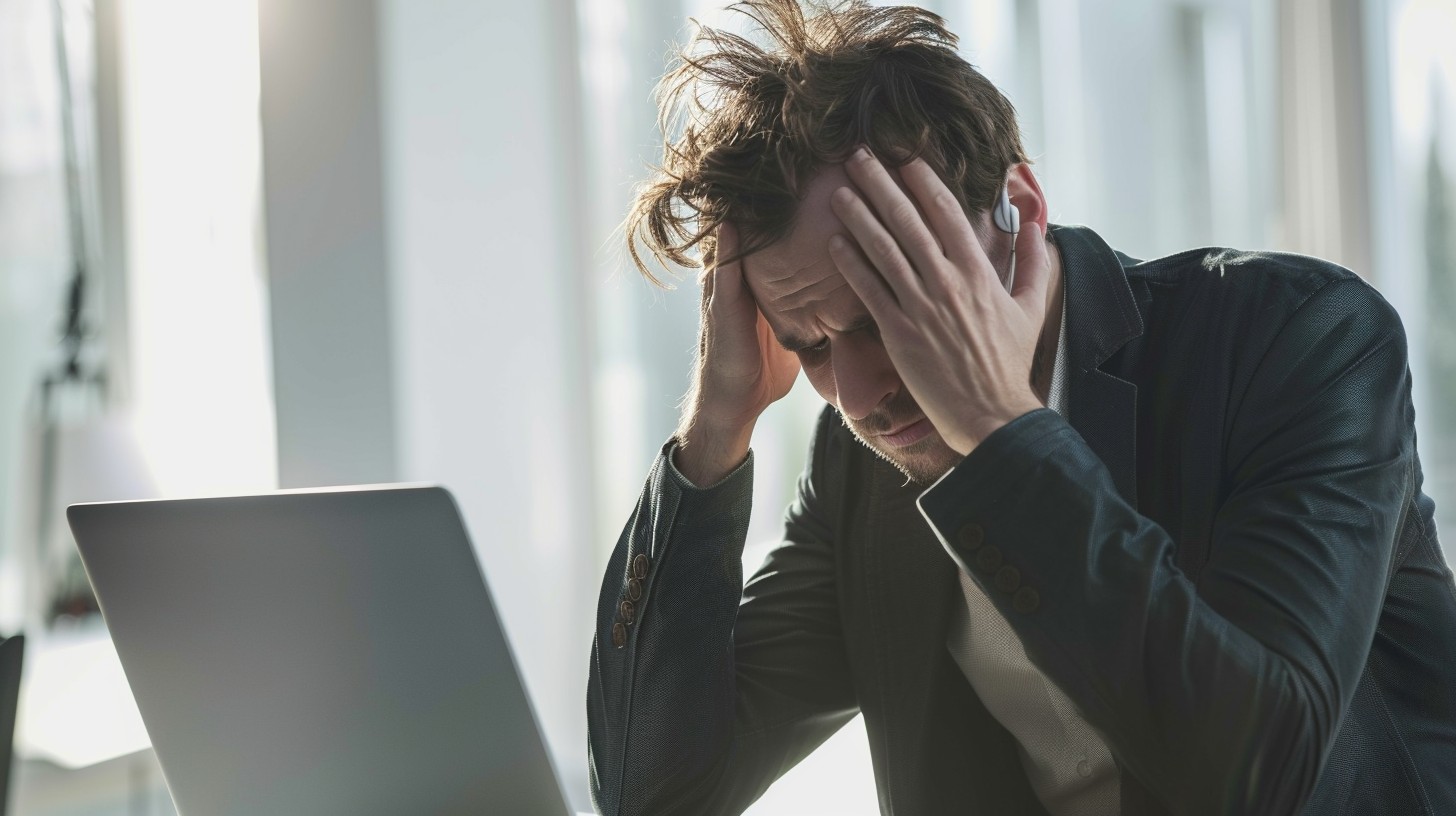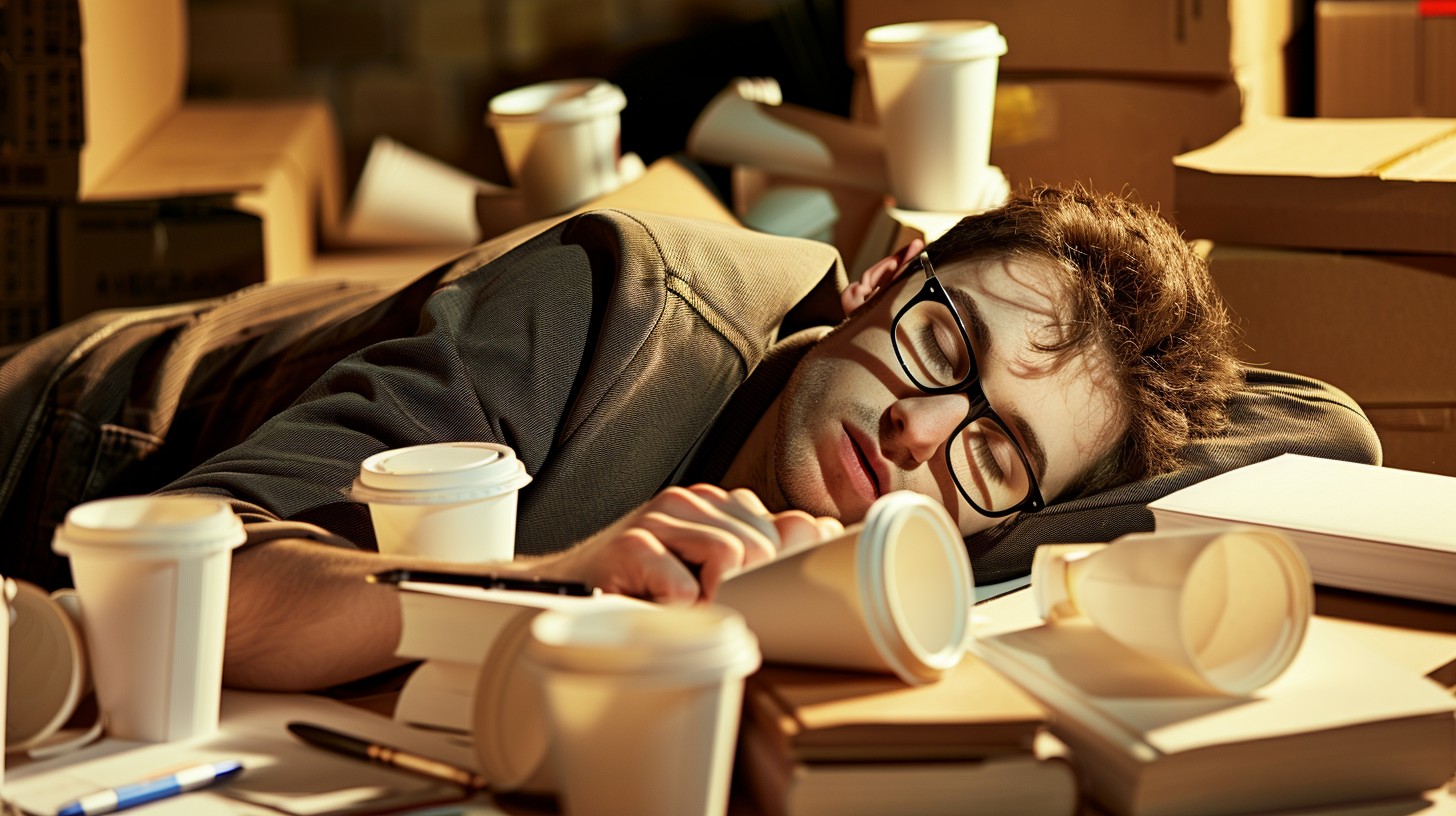Earthing, also known as grounding, is a practice that involves connecting our bodies with the Earth and utilising its natural electric charges to stabilise us. This is achieved by walking barefoot outdoors or using indoor grounding systems while sleeping or sitting. Although earthing differs from practices used in mental health treatment, it can have a positive impact on mental well-being. Earthing can help to reduce pain, stress, and inflammation, while improving overall mental health.
History of Earthing
Throughout history, indigenous societies have recognised the therapeutic benefits of the Earth’s power, describing it in various ways. For instance, in Chinese medicine, “Qi” (pronounced ‘chee’) refers to the vital energy that permeates the universe.
Ge Hong, an ancient philosopher, stated that “people reside within Qi, and Qi resides within people. From heaven and earth down to the ten thousand things, each one requires Qi to live.” This belief and study of nature’s energies can also be traced back to Europe in the 19th century. In 1891, Louis Kuhne published The New Science of Healing, while Adolf Just wrote Return to Nature in 1896, encouraging people to walk barefoot outdoors.
A few decades later, Dr. George Starr White began investigating the use of sleeping while grounded—connected to copper wires fixed to home pipes—to improve sleep quality. Today, scientists continue to advocate for the balancing of our body’s electrical current through the Earth’s electrons. This grounding technique has gained mainstream attention as people search for simple, inexpensive ways to heal themselves.
Should I Practice Earthing?
If you are experiencing anxiety or depression, chronic fatigue, cardiovascular disease, post-traumatic stress disorder, traumatic memories, or pain and inflammation, there are indications that practising earthing may benefit your life.
Types of Earthing
Earthing techniques involve reconnecting with the Earth through direct or indirect contact. Methods include walking barefoot, lying on the ground, swimming, gardening, and using grounding mats, blankets, patches, and socks.
How to Practice Earthing
There are many ways to connect with the Earth in your daily life, potentially restoring your body’s natural defence system. Here are some ways you can practise earthing:
- Take a walk: Connect your bare feet with the ground by walking on grass, sand, or mud. Pay attention to the sensation of the land beneath your feet, being mindful of sharp objects as you walk.
- Play in the dirt: Dig into the earth and feel the soil between your fingers. You can create a garden in your yard or on your windowsill, or even tend to a small potted plant if you live in an apartment, directly linking to the energy in the soil.
- Ground yourself indoors: When going outside is not an option, grounding mats can be useful, replicating the direct connection you’d get from being barefoot outside. Grounding mats bring the Earth’s electrical currents into your home or office by mimicking the physical connectivity of a nature walk.
Earthing can be a free and relatively quick way to positively impact your physical and mental health. Experts suggest that 30 minutes is sufficient to begin reaping the benefits. Whether you connect yourself to a metal rod outside or purchase grounding socks, you can easily incorporate earthing therapy into your wellness routine.
Benefits of Earthing
New research suggests that modern scientists are tapping into ancient holistic practices to discover new treatments. A promising connection between earthing and measurable improvements in health issues has been found.
- May Improve Chronic Fatigue and Sleep Disorders: A recent study showed that using grounding mats for four weeks improved sleep, mood, and pain.
- May Boost Immunity: Some researchers believe that all living cells on Earth are connected through a living matrix, held together by electrical conductivity, which functions as an immune defence system, similar to antioxidants. By connecting to this matrix, the system helps restore the body’s natural immunity.
- May Improve Heart Health: One study indicated that prolonged use of grounding techniques reduced blood pressure levels in those experiencing hypertension.
Tips for Earthing
Earthing is not a quick-fix treatment; it requires patience and perseverance, but the benefits are worth it. If you’re interested in earthing, here are some tips to get started on your healing journey:
- Seek professional guidance if you’re new to earthing. There is a growing earthing community that can provide resources, connections, and best practices.
- Stick to a routine. The more you practise grounding yourself, the faster you’ll see improvements. Try to start your day with a grounding routine to make it a habit.
- Pay attention to yourself and your surroundings. Whatever method you choose for earthing, be observant and stay in the moment.










